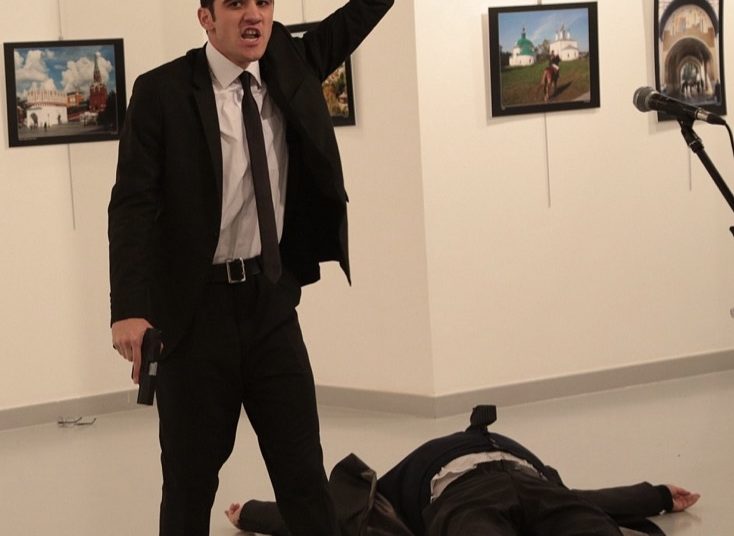Nordic Monitor
The Turkish police system has been restructured in accordance with military contractor SADAT’s well-known radical Islamist vision, and the changes in police culture and administrative rules represent the main litmus test for the whole transformation process.
SADAT, which many believe is a de facto paramilitary force loyal to the Islamist president of Turkey, Recep Tayyip Erdoğan, has been an important actor recruiting new police personnel and training them since its establishment.
According to its web page, a SADAT consultancy team, composed of retired high level police and gendarmerie officers, is reorganizing the police system of Turkey and other partner countries and providing consultancy services in several areas such as “duties, authorization, responsibilities, deployment and equipment standards of police forces.” Moreover, it is able to set up training centers, vocational schools, police academies and colleges and to modernize training capacity.

In accordance with its strategy, SADAT carried out police training programs in the fields of intelligence, counterterrorism, explosives and bomb disposal, crime-scene investigation, combating smuggling and organized crime, traffic rules, passport systems and VIP and special protection tactics, the web page revealed.
Retired Gen. Adnan Tanrıverdi, the former chief military aide to President Erdoğan, owns private military contractor SADAT. He also continues to advise the Erdoğan government on military matters, although he left his official position as advisor in January 2020.

The transformation of the Turkish police force took on momentum after corruption scandals that incriminated Erdoğan became public knowledge in the December 17-25, 2013 period. Immediately after the corruption investigation, Erdoğan accused the police officers, judges and prosecutors involved in the case of mounting a coup against his government and hushed up the probes. Following the scandal, hundreds of police across the country were dismissed or reassigned.
Then, the Police Academy’s Security Units Institute, which trains senior police officers, and the Police College were shut down and replaced with a training center. Students of those schools were dismissed in order to recruit new radical and jihadist figures including Mevlüt Mert Altıntaş, who assassinated Russian Ambassador to Turkey Andrei Karlov in the capital city of Ankara in 2016.

Altıntaş, a member of the Ankara police department’s riot unit, graduated from the İzmir Rüştü Ünsal police vocational school in 2014. Nordic Monitor previously revealed his links to clerics who preached in support of violent jihadist campaigns around the world and reported how he downloaded an al-Qaeda video and considered the US ambassador as a possible target.
An abortive coup on July 15, 2016 allowed President Erdoğan to further consolidate his control over the Turkish police. Following the attempt, 152,000 civil servants including academics, teachers and public officials were dismissed by the government with no effective judicial or administrative investigation. Due to the purge, 30,000 police personnel were replaced by radical Islamists and neo-nationalists bent on undermining the rule of law in the country.
Allegations of torture and ill treatment in police custody have remained a serious concern in recent years because of the changing structure and behavior of the security forces. The removal of crucial safeguards by means of emergency decrees has increased the risk of impunity for perpetrators of such crimes and has led to allegations of an increase in the number of cases of torture and ill-treatment in custody.

Tanrıverdi announced in December 2019 that his organization SADAT, which is fully funded and supported by the Turkish government, had been working to pave the way for the long-awaited mahdi (prophesied redeemer of Islam), for whom the entire Muslim world is waiting.
Turkey’s opposition lawmakers had asked the government about the alleged role of SADAT in training Islamic State in Iraq and Syria (ISIS) and Syrian al-Qaeda group Jabhat al-Nusrah (al-Nusra Front) fighters and the alleged close relations between Turkish intelligence agency MİT and SADAT.












